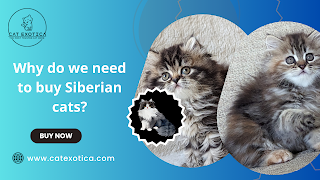10 Common Foods That Can Harm Your Cat
1. Chocolate – A Sweet but Dangerous Treat
Chocolate ranks among the most toxic treats for cats, containing compounds that can severely affect their
2. Onions and Garlic – Hidden Threats to Everyday Meals
Onions, garlic, chives, and leeks belong to the
3. Grapes and Raisins – Small but Harmful Snacks
Many pet owners are unaware that grapes and raisins can cause kidney failure in cats. Even a few pieces can lead to vomiting, dehydration, or a sudden loss of appetite. While some felines might show no immediate reaction, repeated exposure increases the risk of long-term damage. For the best cat care, it’s always safer to stick with feline-approved treats.
4. Alcohol – Never for Pets
Even tiny amounts of alcohol can
5. Caffeine – A Hidden Danger in Beverages
Caffeine commonly appears in beverages like tea, coffee, and energy drinks, as well as in certain over-the-counter medicines, making it easy for cats to come into contact
6. Dairy Products – Not Always Friendly to Cats
Contrary to popular belief, not all
7. Raw Fish and Meat – Risky Even for Carnivores
Though cats are natural meat-eaters, raw fish and meat can carry bacteria like Salmonella and E. coli. Additionally, raw fish contains an enzyme that destroys thiamine, an essential vitamin for cats. A deficiency can cause neurological issues and poor coordination. Always cook fish and meat thoroughly before offering them to your pet.
8. Bone and Fat Trimming – Not Safe for Snacks
Cooked bones can splinter easily and cause choking, intestinal blockages, or tears in your cat’s digestive system. Likewise, fat trimmings whether cooked or raw can lead to pancreatitis. While kittens might be tempted by meat scraps, it’s best to give them food designed for feline nutrition instead.
9. Raw Eggs – More Harm Than Good
Feeding raw eggs to your cat can lead to food poisoning due to bacteria like Salmonella. Additionally, raw egg whites contain avidin, which interferes with biotin absorption, a vitamin that supports healthy skin and coat. Always
10. Dog Food – Not Suitable for Cats
Although it may seem convenient, cats should never be fed dog food. Dogs and cats have very different dietary needs. Cat food contains specific nutrients such as taurine and arachidonic acid, which are essential
Keep Your Cat Safe with Proper Nutrition
Conclusion
Protecting your cat from harmful foods is one of the most important steps in responsible pet ownership. By avoiding the ten foods listed above, you can
Feel free to contact us:-
Call: +91-6363157838
Mail: catexotica.enquiry@gmail.com
Website: https://www.catexotica.com




Comments
Post a Comment